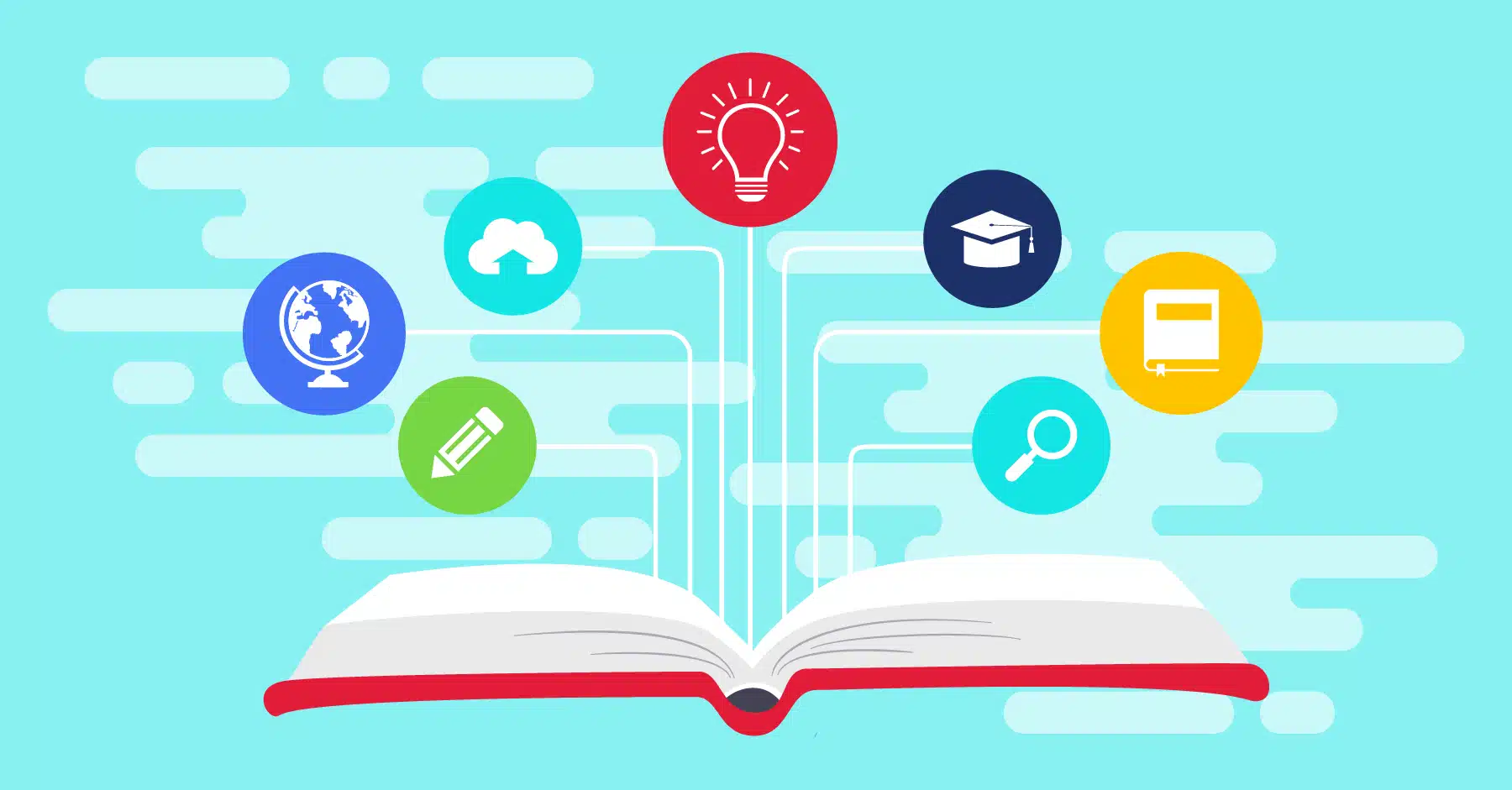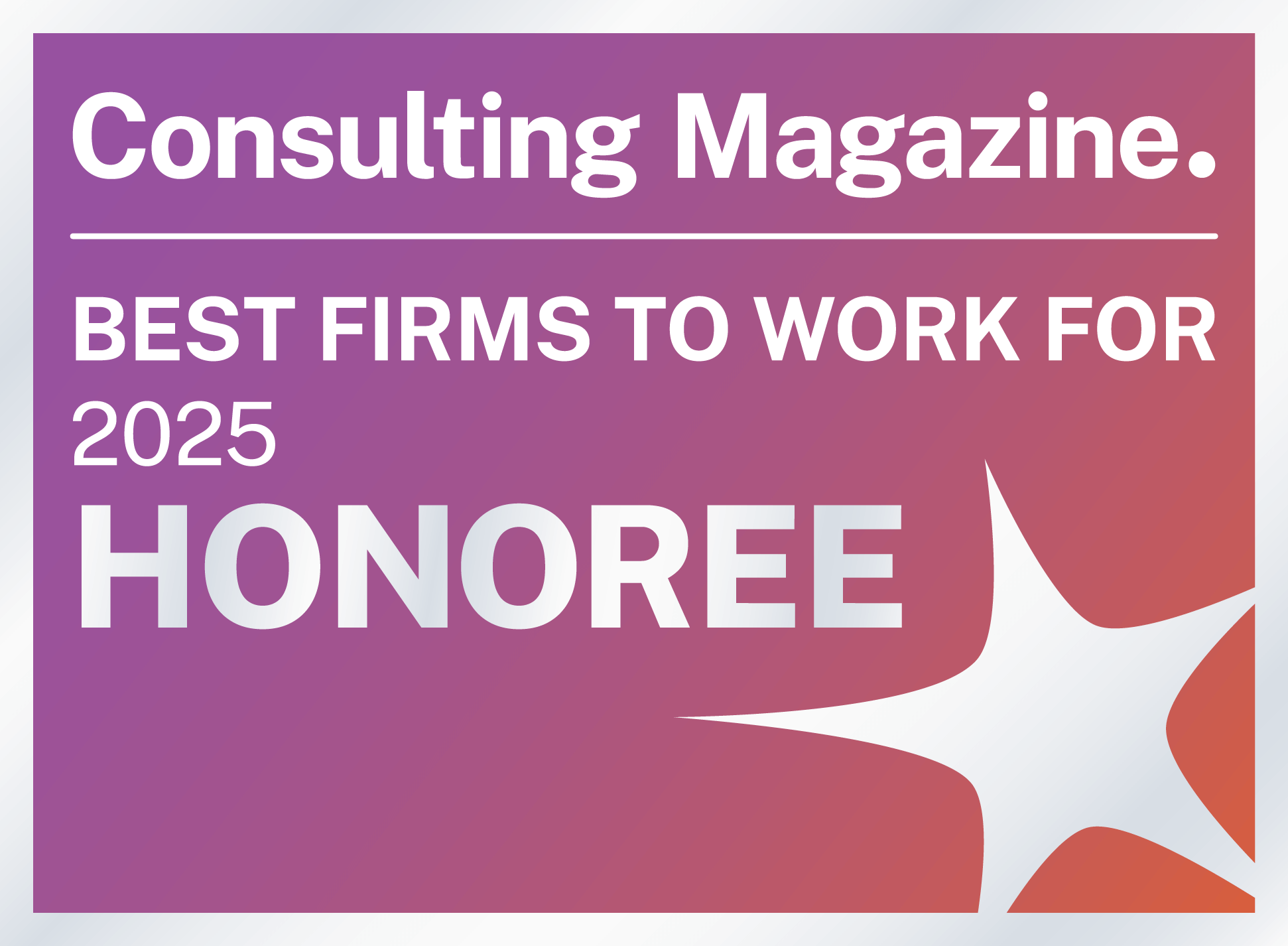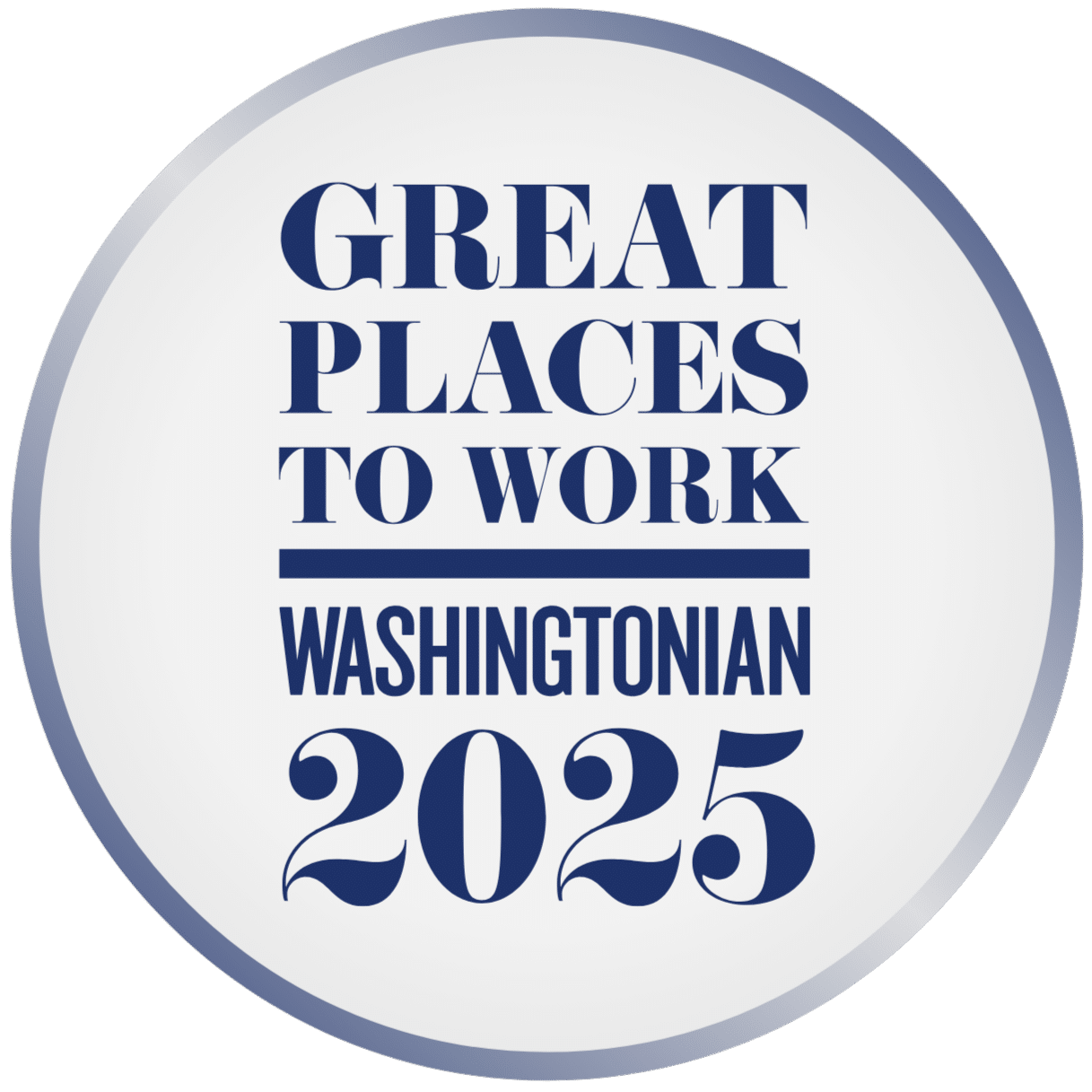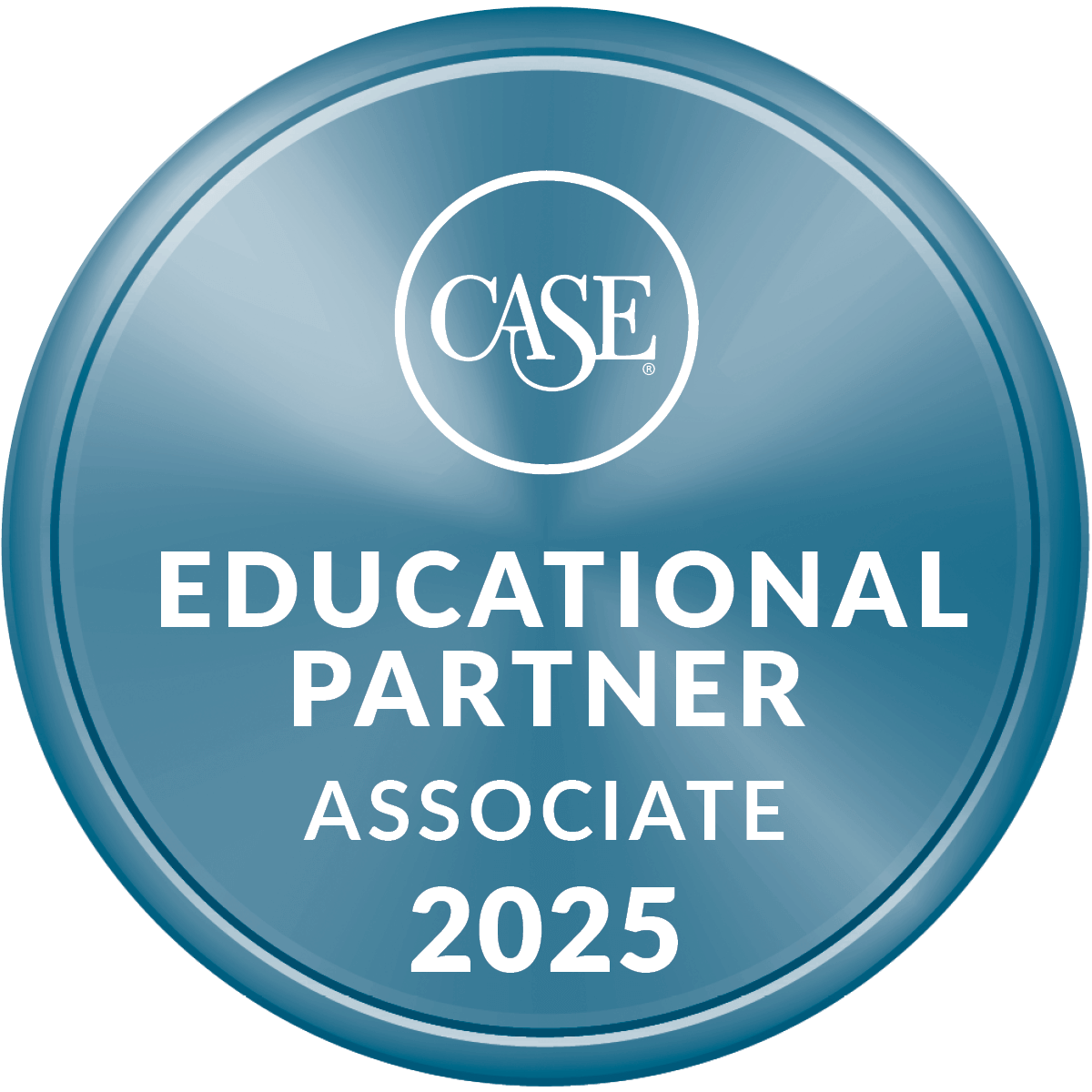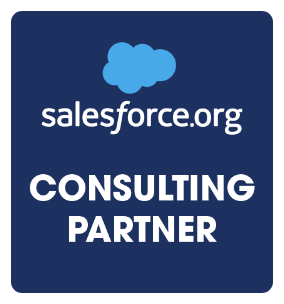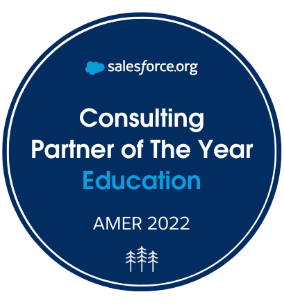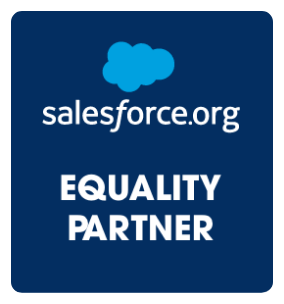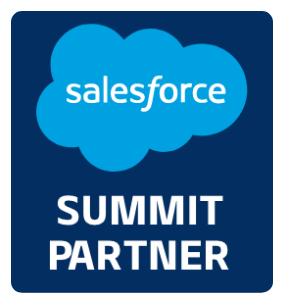
Jason Belland, Salesforce alumni and newly announced Higher Education Executive in Residence at Attain Partners, shares his vision for innovation, trust, and data-driven impact in higher education
After some time away from the Salesforce ecosystem leading the SparkED education program for Alteryx, providing analytics education to over 250,000 learners around the world, I’m excited to return to the Salesforce community to partner with college and university leaders to transform the student experience—making sure every student is seen, heard, valued, and given every opportunity to succeed and realize their dreams.
With Salesforce Education Summit just weeks away, the timing is perfect for me, and for all of us, to reconnect with our community, reflect on all we have accomplished together, and envision new pathways we will create as an industry.
Education Summit has always been a special time for me, starting with my first summit experience in 2013 at Arizona State University. At the time, I was working at Columbia Business School and presenting to a few dozen attendees at a customer breakout session on how we were using Marketing Cloud and Sales Cloud in support of admissions and program management for executive education programs.
I had serious imposter syndrome giving that presentation but was comforted by some friendly faces in the front row, as well as the sense that for so many of us, we were at the beginning of something very special, and we were all figuring it out together.
Fast-forward a few years later to Education Summit in Washington, DC, and I found myself as a main speaker on the keynote stage as the product leader for Salesforce Education Cloud, presenting our vision for Salesforce in education and launching new student success products for the industry supported by our open-source data model, EDA.
I was still dealing with imposter syndrome getting on stage in front of a few thousand people, but I remember the moment I hit the stage I could feel the supportive energy of the room and of the moment. I was not alone on stage in the spotlight, I was part of a rapidly growing movement of education professionals who thought differently, were committed to making an impact, and wanted to take action—Trailblazers.
By working collectively as a community and supporting individual excellence, we have established creating a connected student experience as a foundational goal for any college or university. But going into this year’s summit in Chicago, many of us are grappling with real challenges that are well beyond connecting the dots across student touchpoints, and really getting to, “How do we invent something new that doesn’t simply improve what exists today but fundamentally changes the game and accelerates our opportunity for impact?”
Here’s what’s top of mind for me as we head toward our time together in March.
Evolving from “supporting the whole student” to “supporting the whole university”
I’ve been encouraged recently by university leaders talking about how the days of “lift and shift” are over, giving way to a more design-thinking-oriented approach to reimagining the student experience all the way from online support services to academic programs and in-person interactions.
What’s really getting me excited about the future is leaders who are leaning into this moment of uncertainty to think through how we can strengthen our institutions by taking a “whole university” approach to innovation. This means reimagining the student experience and the experience for faculty, staff, research, facilities, and beyond.
It’s often said that universities are treasure troves of data that just need to be harnessed. This is true, and what’s also true is that universities are treasure troves of amazing humans who want to make an impact. What happens when we harness the collective power of that energy?
Next time someone suggests reimagining the student experience, try an exercise to imagine designing a small city instead. It’s an interesting thought activity that can yield surprising pathways to innovating across the university community.
Enterprise vision requires enterprise data strategy
But getting back to data…
I recently had the chance to connect with a few customers at large universities who shared their vision for connecting data across colleges at the university. This is exactly what is needed now more than ever.
As we look to strengthen our institutions as pillars of an equitable society, we need to embrace data as an enterprise resource that will not only empower personalized individual experiences but also, and maybe more importantly, empower leaders with insights to drive the strategic direction of the university.
As most of the workforce is looking to upskill or reskill, having a robust, agile approach to supporting alumni and lifelong learners through their careers is not optional—it’s imperative for institutional survival.
Institutions that see AI and data strategy as a competitive edge, not simply a component of implementation, are going to lead the way and help up-level how our industry is seen in terms of ROI on the degree. They will partner more closely with employers, use data to inform program offerings and experiences, and move well beyond chatbots to agentic assistants that, yes, connect one-to-one to help learners at every stage but also serve to guide and support in the flow of work for faculty, staff, and administrators.
Trust doesn’t come from a waterfall
“The outcome is less important than the process.”
I remember the first time I heard that during a class at Columbia with Professor Joel Brockner. At first, I was skeptical, but time and time again I’ve seen projects go off the rails where outcomes were valued over doing the hard work of process and trust-building as part of getting to those outcomes.
It’s exciting to work in an environment that has a bias toward action—it’s fun to get things done—but it’s critical that we are planful and deliberate about how we innovate, using more discovery-driven processes that allow for quick innovation while building support toward a larger vision.
The other day, I spoke with a university that is rolling out Education Cloud across the enterprise. They have an ambitious vision that will strengthen the financial stability of their institution by transforming the university experience. And what was most exciting for me, was to hear them talk about how closely they are working with faculty as part of their technology initiative.
As we all know, faculty are not just educators; they are mentors, researchers, and thought leaders who are inextricably linked to student success. Student success doesn’t happen without faculty success, and any enterprise vision for transformation should embrace the power of their faculty.
At the end of our conversation, the customer told me that building trust isn’t about taking a waterfall approach where we get everyone together and then no one hears from us for a few months. It’s about the process and the actions we take every day to be inclusive and keep people involved in building a vision together. No one will ever agree on every aspect of a transformation project, but they will always remember the feeling of being heard, valued, and included in the process.
Let’s Connect at Education Summit 2025
I’m thrilled to be going back to Education Summit, and I can’t wait to see everyone there to discuss these topics and many more. Please join me and Team Attain in Chicago March 10-12 as we celebrate 20 years of empowering colleges and universities to invent the future of education in partnership with Salesforce.
Learn more about Salesforce’s 2025 Education Summit.
Attain Partners – Salesforce Experts
No matter if your organization is beginning its Salesforce journey or 10+ years into development, Attain Partners is here to help you achieve your goals. Contact our team today to learn how we can help your organization advance its mission by harnessing the power of Salesforce.
To learn more, check out our Salesforce Innovation services, read case studies about our transformative work, and explore blog posts from our Salesforce experts.

About the Author
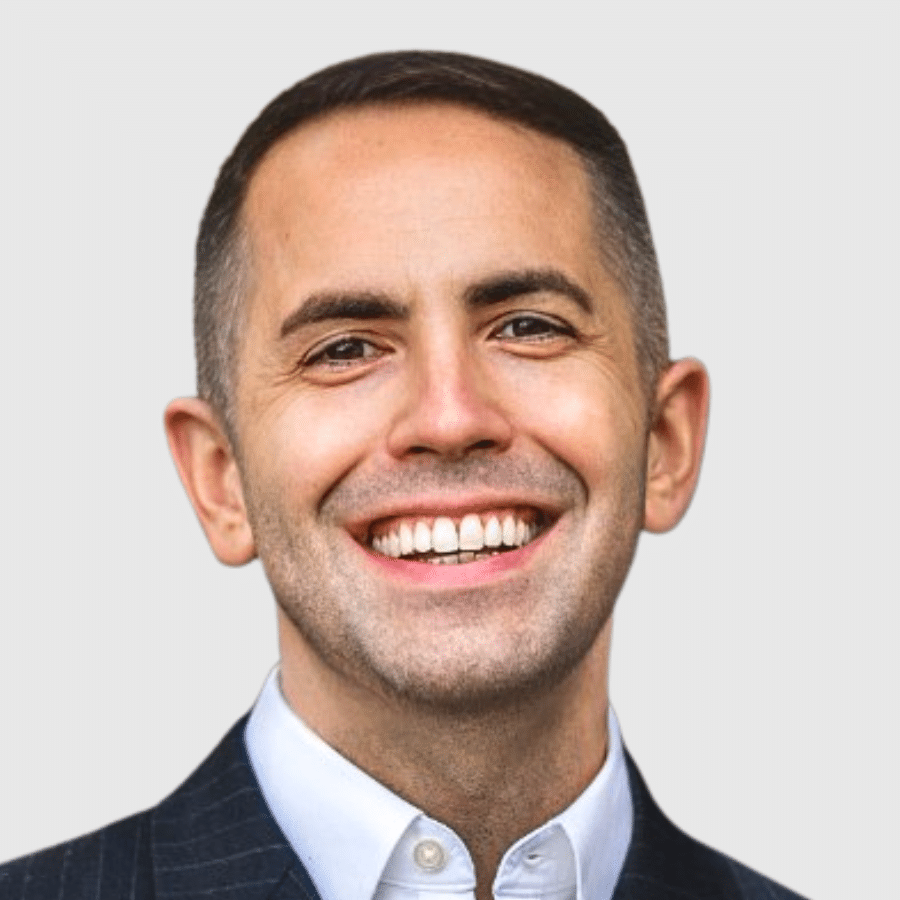
Jason Belland serves as Higher Education Executive in Residence at Attain Partners, committed to serving the industry with a focus on envisioning outcome-driven solutions that care for the student journey over a lifetime of learning. Jason has spent over two decades working at public and private higher education institutions in roles ranging from online learning and instructional design to marketing and Customer Relationship Management (CRM), bringing together innovative ideas with new technologies to support student success.
In addition to his roles in higher education, Jason served an eight-year tenure at Salesforce, ascending to Vice President of Go-To-Market for Education Cloud, leading teams to create solutions that would empower colleges and universities to engage, retain, and support every learner over the course of a lifetime of learning. The products and solutions created under Jason’s tenure at Salesforce have been implemented by thousands of colleges and universities globally and set the foundation for today’s Salesforce Education Cloud. Jason received his bachelor’s degree in English Language and Literature/Letters from University of Massachusetts Dartmouth and holds an Executive Education Certificate in Business Excellence from Columbia Business School.
